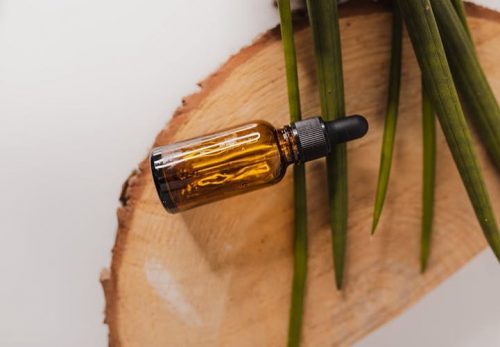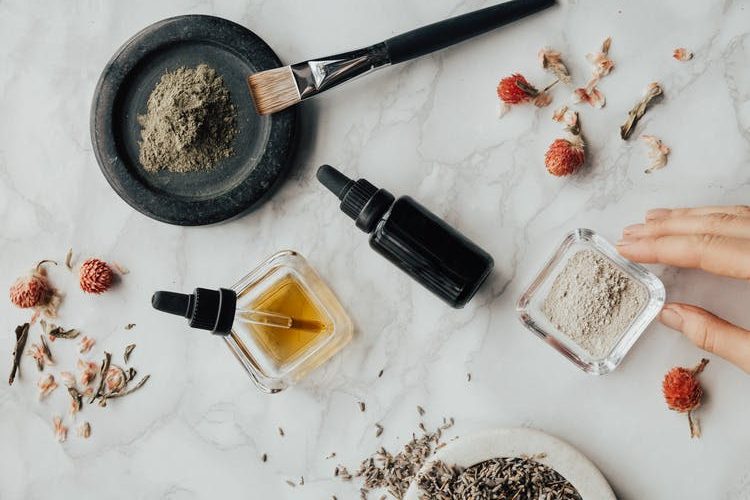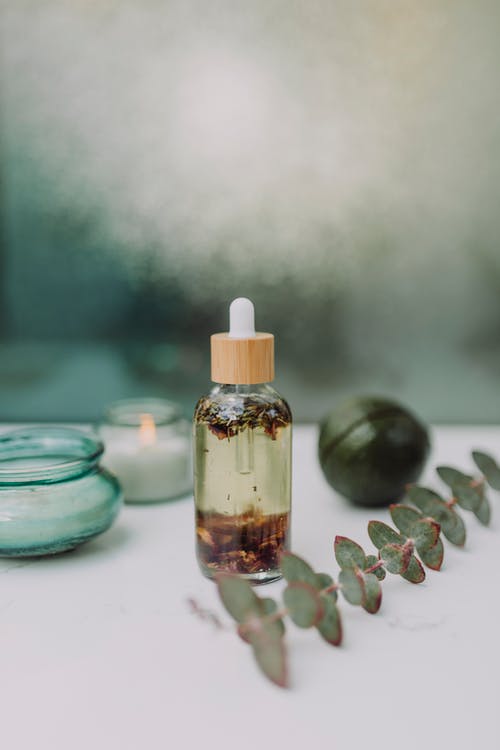Carrier oils do more than just ‘carry’ essential oils into your to your skin, they also help to nourish and moisturize the skin.
Carrier oils are an absolute necessity when using essential oils. Whether it be for perfumes, massage oils, lotions, balms or other healing remedies. Carrier oils make it possible to use essential oils responsibly and safely. However, carrier oils themselves are often overlooked when it comes to their highly nutritive and healing properties.
In this blog we are going to cover these three points:
- Why it’s important to use a carrier oil
- The different types of carrier oils
- How to use carrier oils correctly
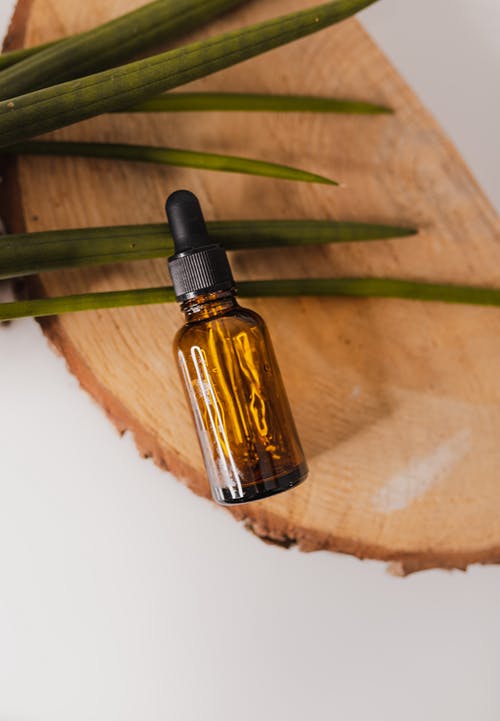 What is a carrier oil?
What is a carrier oil?
A carrier oil is a fatty extract, mostly cold pressed from a plant source. Aside from specific allergies, carrier oils are quite safe for sensitive skin and not likely to cause adverse reactions. This is why they make an excellent medium to disperse concentrated essential oil across your skin.
When we begin our journey with essential oils, we often get so focused on the therapeutic qualities of the essential oil. But don’t forget to take some time to learn about the different types of carrier oils so you can see what is right for you based on your needs and the benefits they offer.
Naturally, we tend to assume that the more concentrated something is, the more effective it is. More means more, right? Wrong. When it comes to essential oils, diluting it in a carrier oil, actually makes it more effective.
Applying an essential oil, without a carrier oil, is called “neat” application. This is literally where you are putting the oil directly onto your skin.
Sound good?
Not so fast. There are a few things to note here that might work against you:
- The skin may be sensitive to the concentrated oil, which will therefore be harming the body by creating an allergic response.
- When applied directly to the skin, essential oils may quickly evaporate off the surface of the skin. This is because these oils are volatile organic compounds whereas the lipids in a carrier can help keep it on the skin longer.
- You can’t massage in the essential oil in or disperse it across wider spaces without using a carrier oil.
Bottom line: using essential oils undiluted is largely a waste of time, money and can place your body in harm’s way.
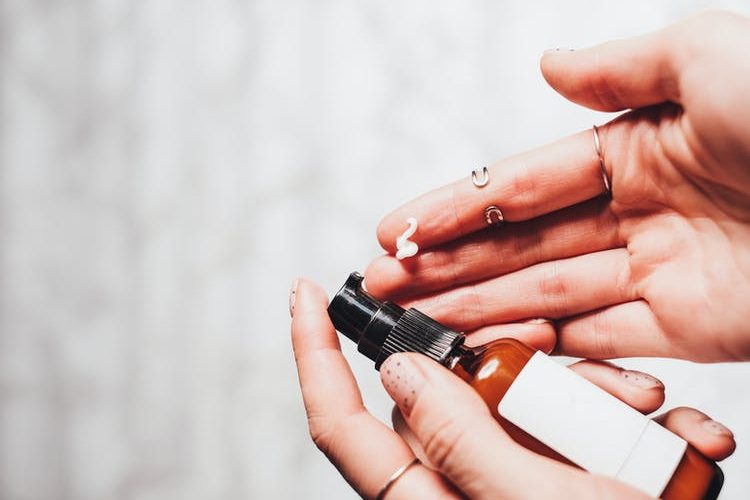
Different types of carrier oils
With so many carrier oils to choose from we thought we would quickly touch on some of the more common carrier oils to help you decipher which ones are most suitable for the type of application you require.
Please note, this is a short list of the most common oils. If you happen to find one that we haven’t covered here, make sure you take the time to do some research and educate yourself about the qualities of the oil to maintain safety at all times.
Let’s get started! These first basic oils you will almost definitely find in your kitchen.
Olive oil
Yes, extra virgin olive oil can be used as a carrier oil. Oil that is cold-pressed and minimally processed can be used, however it can have a thick scent. This is why olive oil is best used when making a highly aromatic blend or preparation.
Great for :
- Salves and creams for therapeutic use
- Dry skin.
Coconut Oil
The oil spreads over the skin quite easily allowing your essential oils to seep in with it. Even coconut oil alone has been shown to enhance the wound healing process.
Cold pressed coconut oil (virgin, extra virgin) can have a strong coconut scent. It will also become solid at room temperature or in cooler weather. Fractionated coconut oil is the most processed coconut oil and will not become solid at room temperature. It is a lightweight emollient that is colorless and odourless. It incorporates perfectly with other oils without altering their scent, appearance or effectiveness.
Coconut oil is also considered to be the most cost-effective oil because it will not go rancid. However, once you add essential oils, the oxidation process begins and the carrier oil will begin to lose it’s shelf life stability.
Great for:
- dry or sensitive skin
- enhancing skin healing and open wounds.
Shop fractionated coconut oil here
Nut and seed oils
Almond
Almond oil is nutrient dense and versatile, with a mild scent and is a good topical source of vitamins A & E. It is great for dry skin conditions, like psoriasis and eczema and due to it’s emollient, qualities, it can be soothing for sore skin.
Great for:
- base for massage oils and body oils
- dry skin conditions, like psoriasis and eczema
Shop Almond oil here
Jojoba
Derived from the seeds, jojoba is actually classified as a liquid wax. It is odourless and golden yellow in colour. Can be helpful for acne, dry skin, and countless other skin conditions.
Jojoba oil may help to regulate sebum production in the skin (the oil in the skin that can clog your pores). It sends a signal to your hair and sweat follicles that your skin doesn’t need additional sebum for hydration. Jojoba has an excellent shelf life, which is perfect for storing until you need it for small dilution preparations.
Great for:
- Oily skin
- Dry skin
- Acne
- Regulate sebum production
Shop Jojoba Oil here
Rosehip
Rosehip oil can be a great oil to add into any blend you’re using to boost the nourishing richness or your essential oils. It’s high in Vitamin A and C as well as a range of fatty acids and is a soothing emollient for a variety of skin conditions.
It is a component of many skincare products, due to it’s potential to help reduce the appearance stretch marks, scarring and sun damage.
Great for:
- Adding to skin oils and cleansing oils for extra nourishment
- May help to reduce scarring and environmental damage
Shop Rosehip Oil here
Fruit oils
These choices are very affordable, accessible and versatile.
Apricot
Apricot oil’s nutrient profile includes vitamins E, and contains the carotenoid precursor to vitamin A. It is incredibly gentle and nourishing, and makes a great choice when you are looking to cover a large area of skin or when using it for children.
Great for:
- Affordability
- Sensitive skin
- Massage oil
Avocado
Avocado oil is rich in nutrients and excellent at penetrating the skin due to it’s thinner consistency. It is rich in vitamins A, B1, B2, D and E, and the antioxidants and anti-inflammatory agents in avocado oil may help your skin stay smooth, strong, and elastic . It may help to reduce the appearance of age spots and dark pigmented areas of the skin. Avocado oil is also great for dry, damaged or chapped skin.
Great for:
- Use in creams and lotions
- Dry and damaged skin
- Pigmentation
Grape seed oil
Its aroma is light and sweet, and it is clear in colour. It has high levels of fatty acids and antioxidants which contribute to it’s potential for wound care and healing.
Due to its thinner, and less greasy consistency, it is often an ingredient used in cosmetics and it is very moisturizing especially for delicate skin. It can be a good carrier oil to use for occasional blemishes.
Great for:
- Wound healing
- Blemishes
How to use carrier oil
For simple dilution purposes, start with small amounts of your carrier oil and work up as you become comfortable. Always place blends into dark coloured, heat sterile, glass containers, particularly if they will not be used immediately.
Start with 1 tsp of carrier oil, or 5ml of oil. It will vary from 60-150 drops depending on the specific oil.
 For children (over 18 months old) and for sensitive skin
For children (over 18 months old) and for sensitive skin
- 0.5% to 1% dilution: 3 to 6 drops essential oil per 6 teaspoons carrier oil
For adults (standard concentration for massage oils, creams and DIY recipes)
- 2.5% dilution: 15 drops essential oil per 6 teaspoons carrier oil
- 3% dilution: 20 drops essential oil per 6 teaspoons carrier oil
- 5% dilution: 30 drops essential oil per 6 teaspoons carrier oil
- 10% dilution: 60 drops essential oil per 6 teaspoons carrier oil
Simply stir the essential oil into the carrier and then apply as indicated or pour into dark glass bottles and store in a cool, dark place.
**Important: If you’re allergic to tree nuts, you should not use oils derived from tree nuts. This includes sweet almond oil, argan oil, and apricot kernel oil.
If you are unsure, please seek the guidance of a trained professional or come and chat to us in store.

